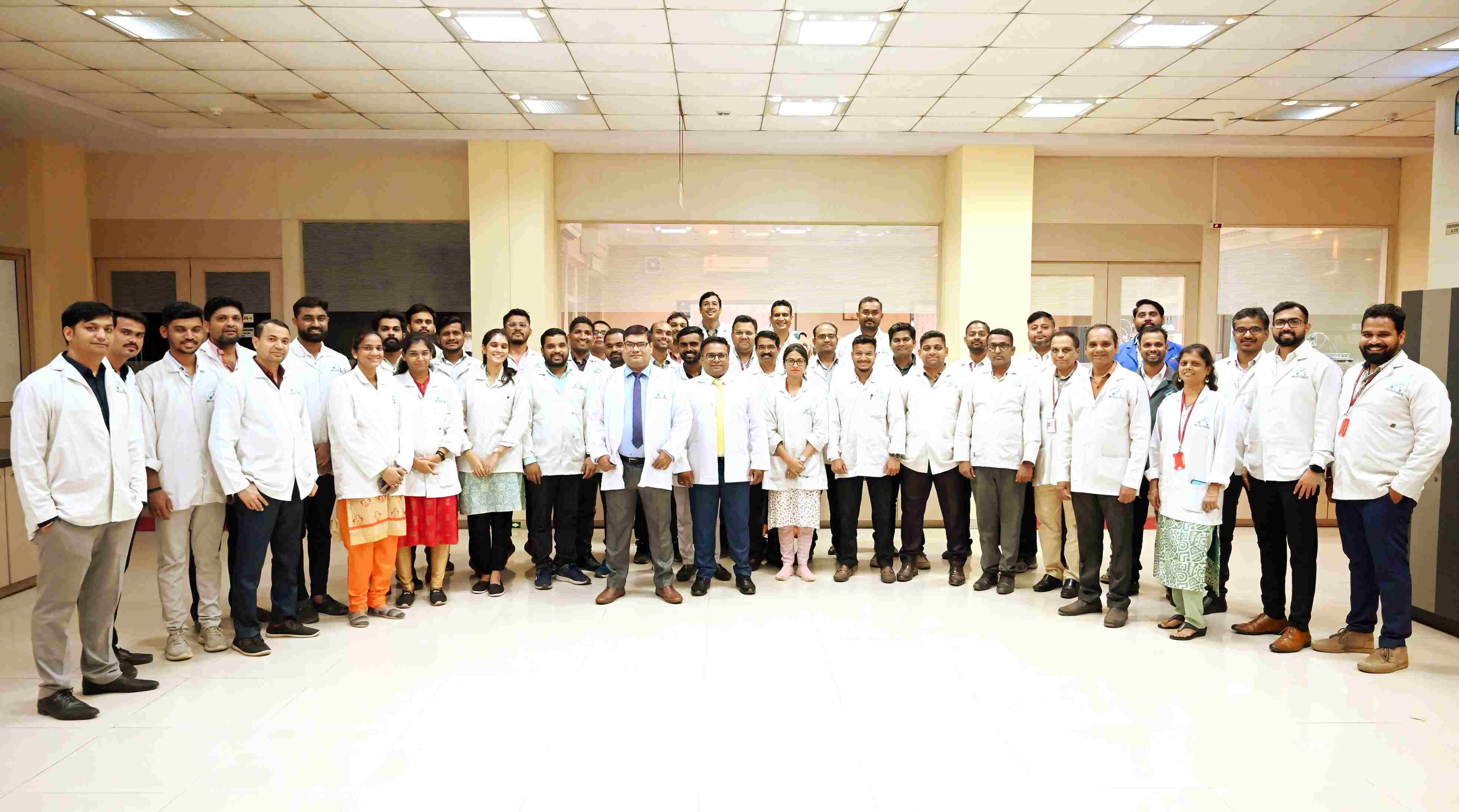BA/BE
Bio Availability and Bio Equivalence (BA/BE) Studies
Accutest specializes in conducting customized and intricate Bioavailability/Bioequivalence (BA/BE) studies. With a wide array of study designs available, our team is adept at tailoring studies to meet your specific needs, ensuring precise results and meeting regulatory requirements.
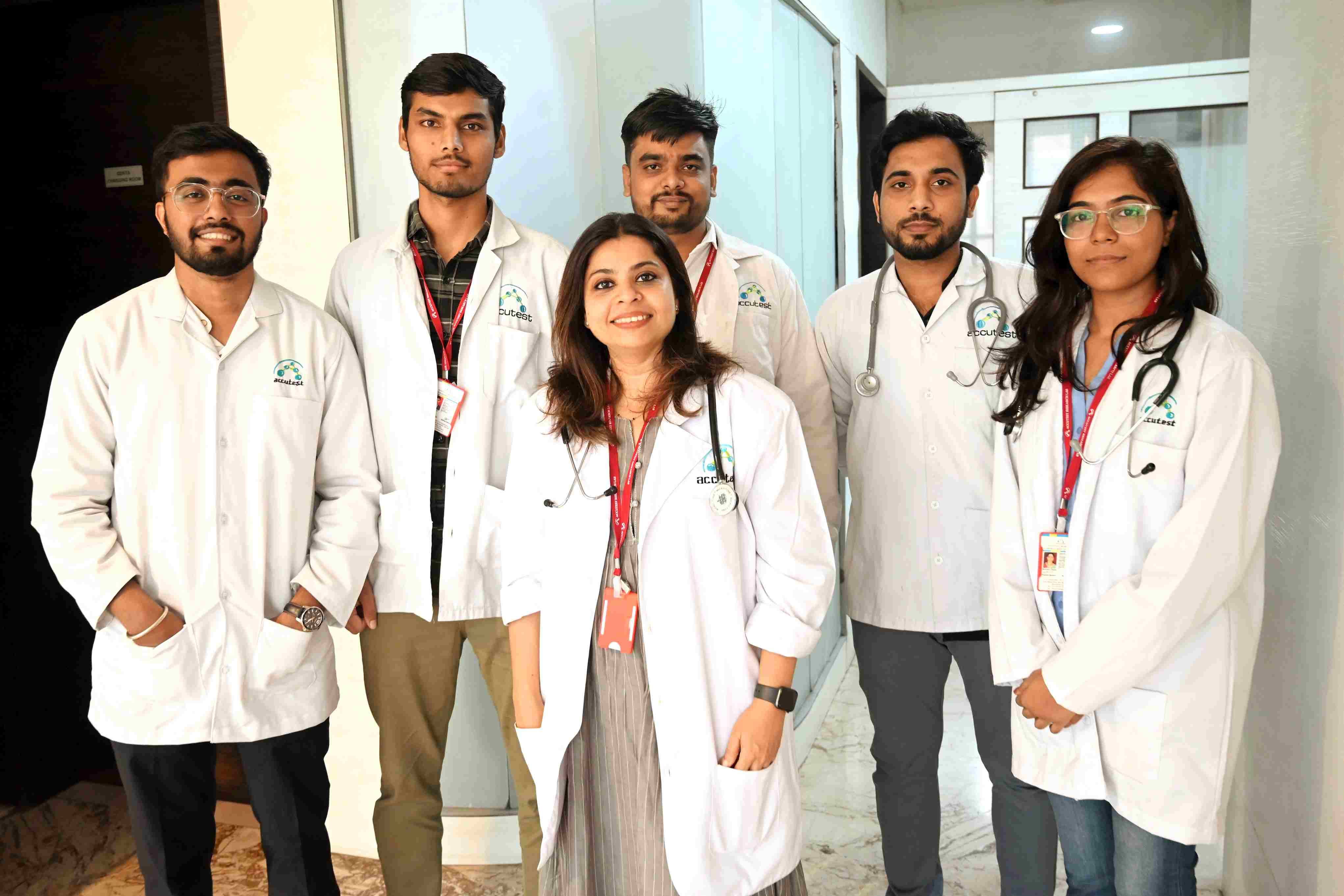
BA/BE services in numbers
356
3500
+
11
45000
+
1000
26
BA/BE - Regulatory Approvals
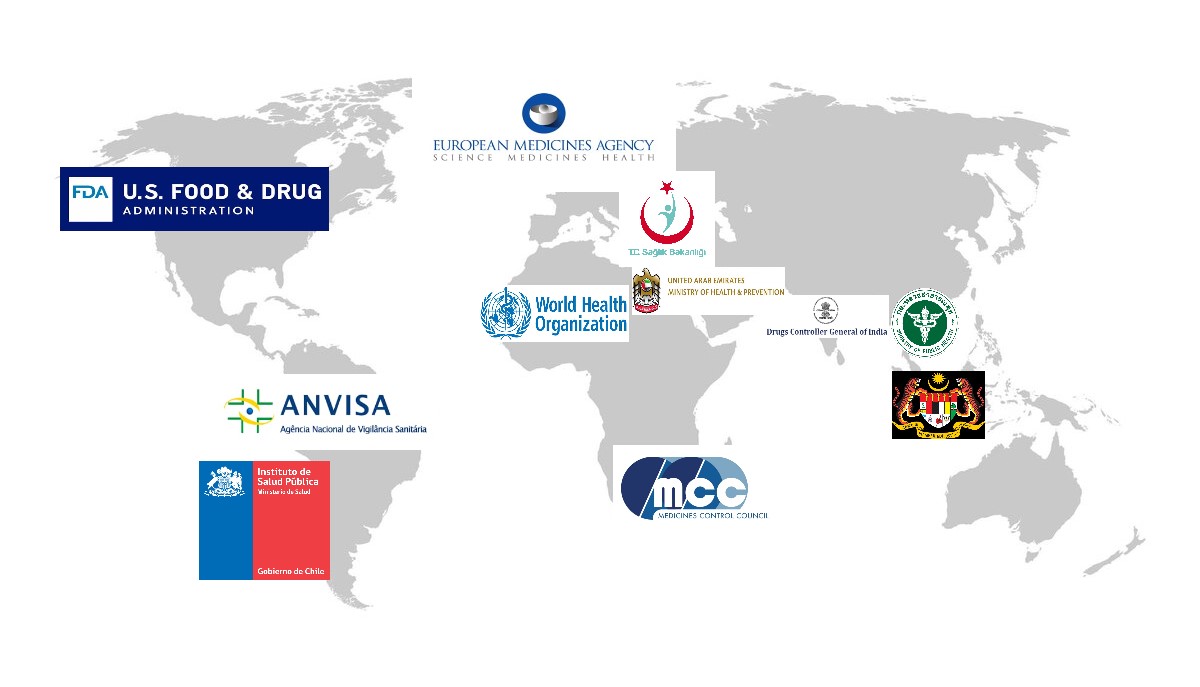
Challenging Clinical Experience
We take pride in our abilities to conduct challenging BA/BE studies while maintaining the highest standards of patient safety. With our expertise and commitment to safety, you can trust that we will provide the best possible outcomes for your clinical studies.
Challenge in Patient Safety
- Potassium Chloride/Citrate (Electrolyte Replenisher): Cardiac arrhythmia is the challenge. We have conducted 11 studies till date
- Buprenorphine (Opioid analgesic): Cardio-respiratory depression is the challenge. We have conducted 3 studies till date.
- Cinacalcet (Calcimimetic): Emesis is the challenge. We have conducted 11 studies till date.
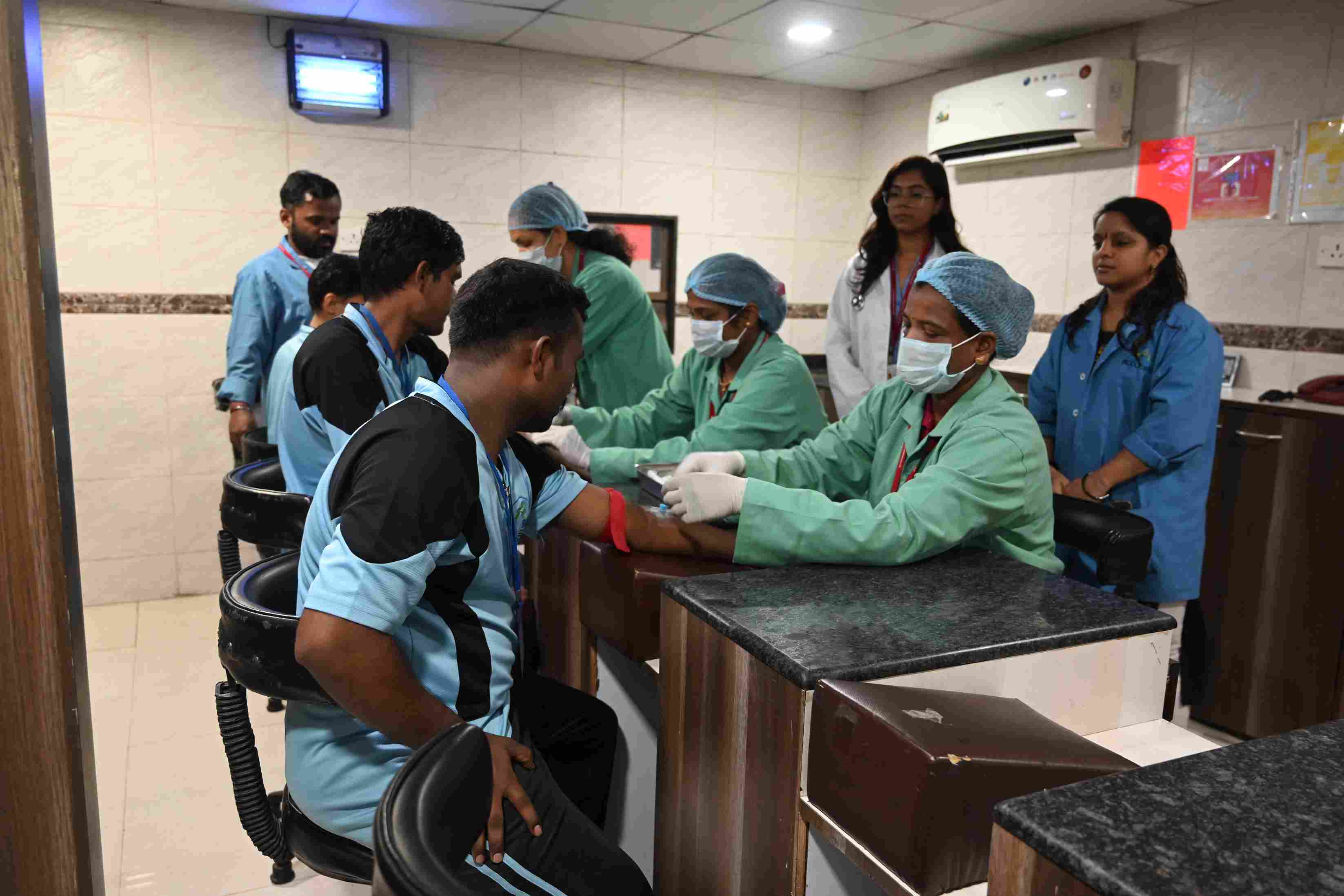
Challenge in Specialized Population
- Specialized populations, pose challenges in conducting BA/BE studies.
- Variability in physiology, metabolism, and drug response within these populations can impact study outcomes.
- Obtaining appropriate sample sizes and recruitment of participants within these populations can be challenging due to limited availability or specific inclusion/exclusion criteria.
- The Factors, such as differences in absorption or metabolism, may require customized study designs and dosage adjustments.
- Close collaboration with healthcare professionals and adherence to ethical guidelines are crucial to ensure participant safety and accurate assessment of BA/BE in specialized populations.
- Despite these challenges, addressing the specific needs and characteristics of these populations is essential to gather reliable data and ensure the safe and effective use of medications.
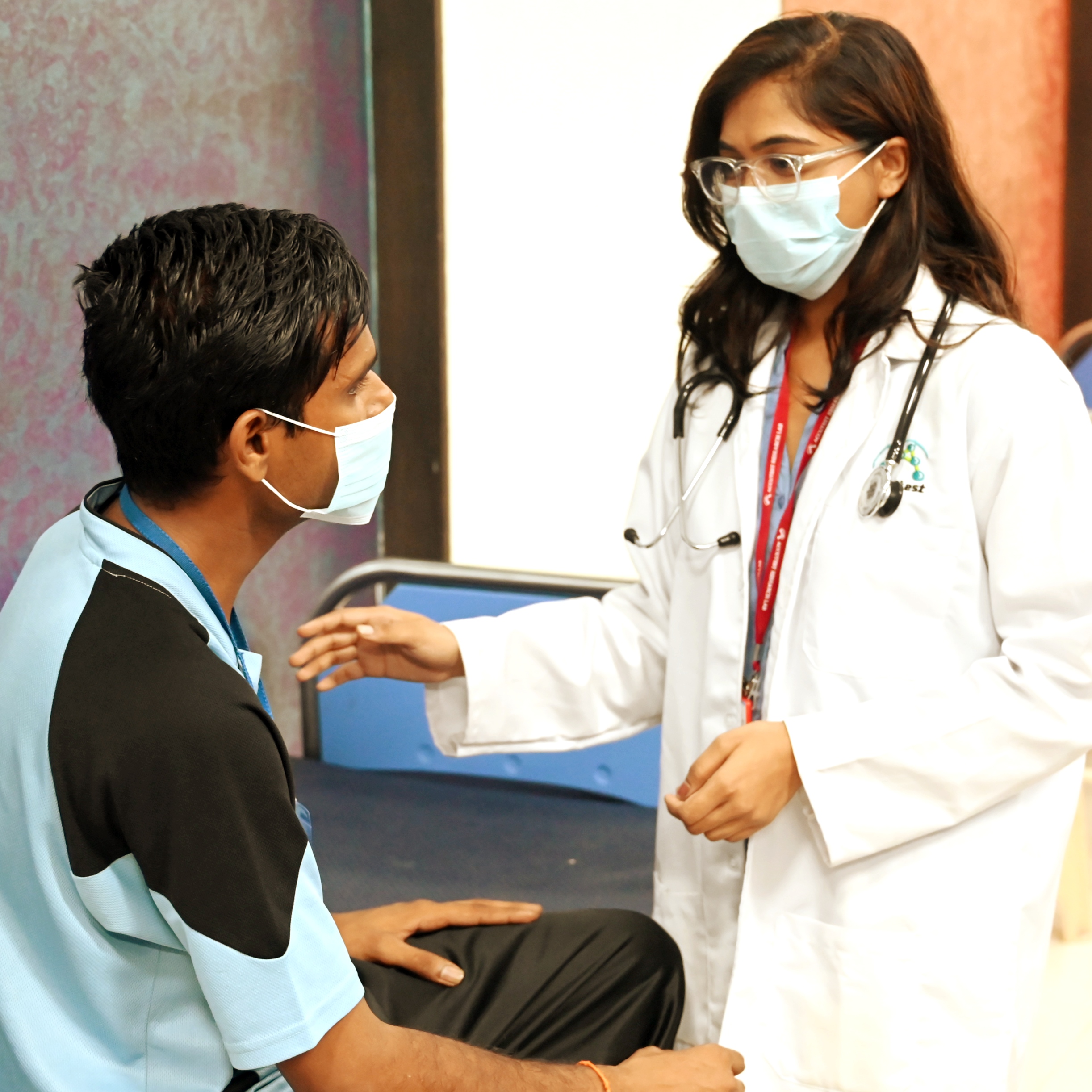
Challenge in Endogenous Substances
- Endogenous substances, naturally occurring in the body, present challenges in Bioavailability/Bioequivalence (BA/BE) studies. For Example, Study conducted on 100 subjects for Injection Vitamin K. and growth hormone injection study conducted on 40 subjects.
- Determining the bioequivalence of endogenous substances compared to exogenous formulations can be complex due to the presence of endogenous background levels.
- Accurately measuring and quantifying endogenous substance levels in biological samples is crucial but can be challenging.
- Variability in endogenous substance levels within individuals and across different populations can affect study outcomes and interpretation of results.
- Designing appropriate study protocols and selecting suitable reference products that adequately account for endogenous background levels is critical.
- Ensuring sensitive and specific analytical methods to differentiate exogenous substance levels from endogenous ones is essential.
- Robust statistical analysis and interpretation are necessary to account for the inherent variability and establish meaningful bioequivalence assessments for endogenous substances.
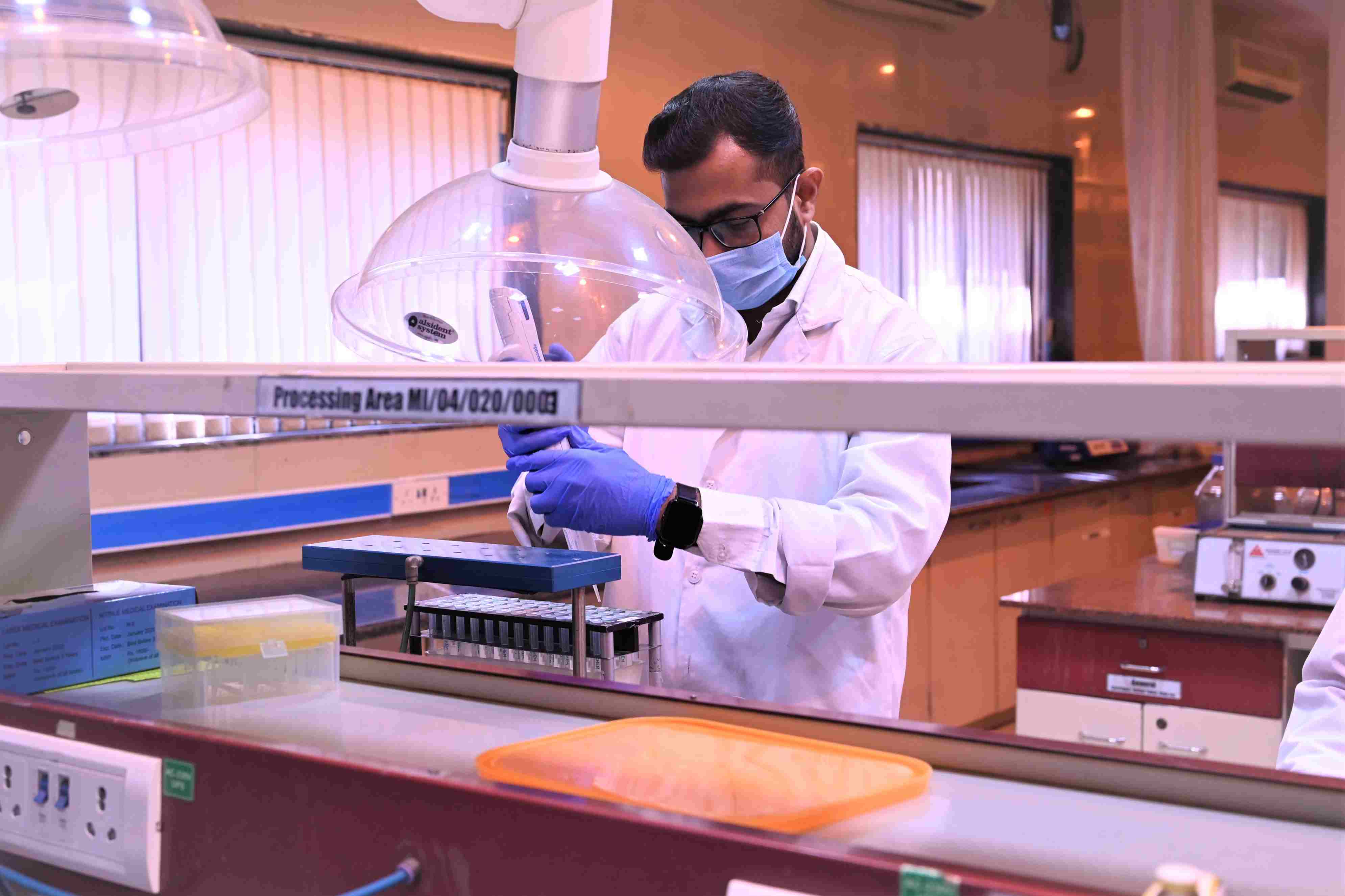
Challenge in Complex Drugs
- Complex drugs like extended-release formulations, or combination products, pose challenges in BA/BE studies.
- The intricate composition and unique delivery mechanisms of complex drugs require specialized analytical techniques for accurate measurement and assessment.
- Ensuring proper characterization and reproducibility of complex drug formulations can be challenging, impacting study outcomes.
- Designing appropriate study protocols to account for the complexity of drug release and absorption patterns is crucial.
- Conducting robust comparative studies that demonstrate the equivalence of complex drugs to reference products requires careful consideration of formulation differences and their impact on pharmacokinetics.
- Adequate statistical analysis and interpretation are necessary to account for the complexity of data generated from BA/BE studies on complex drugs.
- Collaboration with regulatory authorities and scientific experts is vital to establish appropriate standards and guidelines for evaluating complex drug bioequivalence.
BA Lab & Team
Bio Analytical Lab
We have a dedicated bio-analytical laboratory with highly skilled scientists to execute projects flawlessly.
The lab has proven its efficacy by making use of available high-end equipment in developing assays for challenging molecules.
The lab design and available equipment help simultaneous analysis of multiple projects and face multiple audits simultaneously.
Read more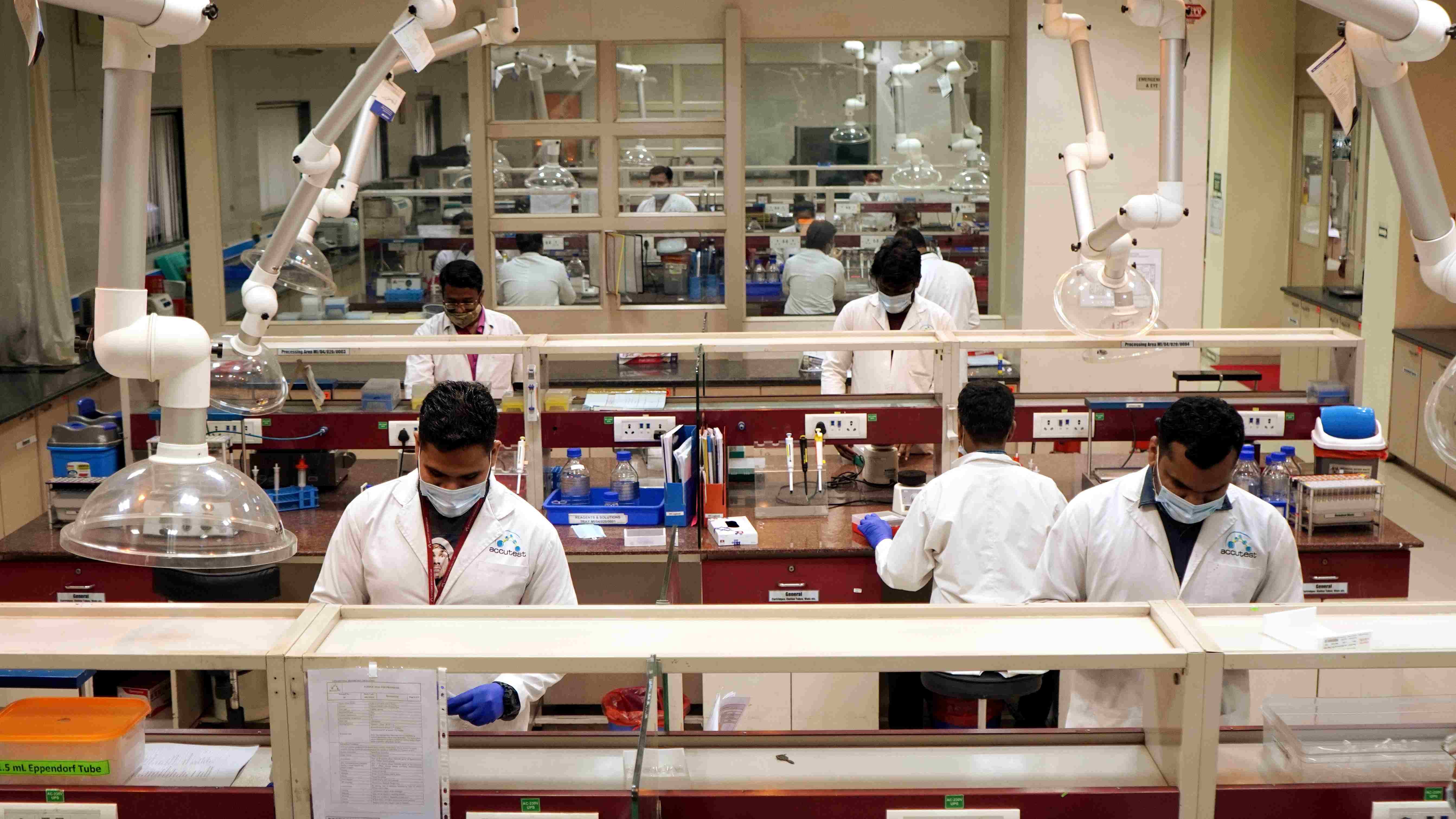
Skilled analytical team
Our highly skilled analytical team, comprising approximately 100 scientists in the bio-analytical lab, possesses extensive experience in successfully executing over 3000 Bioequivalence (BE)/Bioavailability (BA) studies.
Our team excels in analyzing complex products, including hormones, endogenous compounds, and elemental formulations. Our expertise in method development, validation, and data interpretation enables us to overcome complexities and provide accurate and reliable results.
With their knowledge, experience, and attention to detail, our analytical team plays a pivotal role in driving scientific advancements and delivering high-quality analytical services.
Read moreChallenging Analytical Experience
Our team holds extensive experience in tackling challenging analytical tasks. We have successfully addressed complex analytical problems, pushing the boundaries of scientific understanding. Whether it involves analyzing highly intricate samples, developing novel methodologies, or overcoming technical obstacles, we thrive on such challenges. With our deep expertise and a keen eye for detail, we are adept at navigating through difficult analytical scenarios.
Challenge in Demanding LLOQ Assays
| Drug | Category | Validated LLOQ |
|---|---|---|
| Ethynil Estradilol | Progestrogen | 1.5 pg/ml |
| Misoprostic Acid | Antiulcerative | 15.0 pg/ml |
| Fluticasone | Antiasthamatic | 1.0 pg/ml |
| Etonogestrel (in presence of Ethynil Estradiol) | Progestrogen | 20.0 pg/ml |
| Raloxifene | Antiosteoporotic | 15.0 pg/ml |
| Levonorgestrel | Progestrogen | 150.0 pg/ml |
| Progestrogen | 100.0 pg/ml |
Challenge in Enantiomer / Positional Isomer Analysis
| Drug | Category |
|---|---|
| R and S Ibuprofen | NSAID |
| R and S Bicalutamide | Anticancer |
| R and S Warfarin | Anticoagulant |
| R and S Linezolid | Antibacterial |
| Eu and Zu Clomifene | Gonad Stimulating hormone |
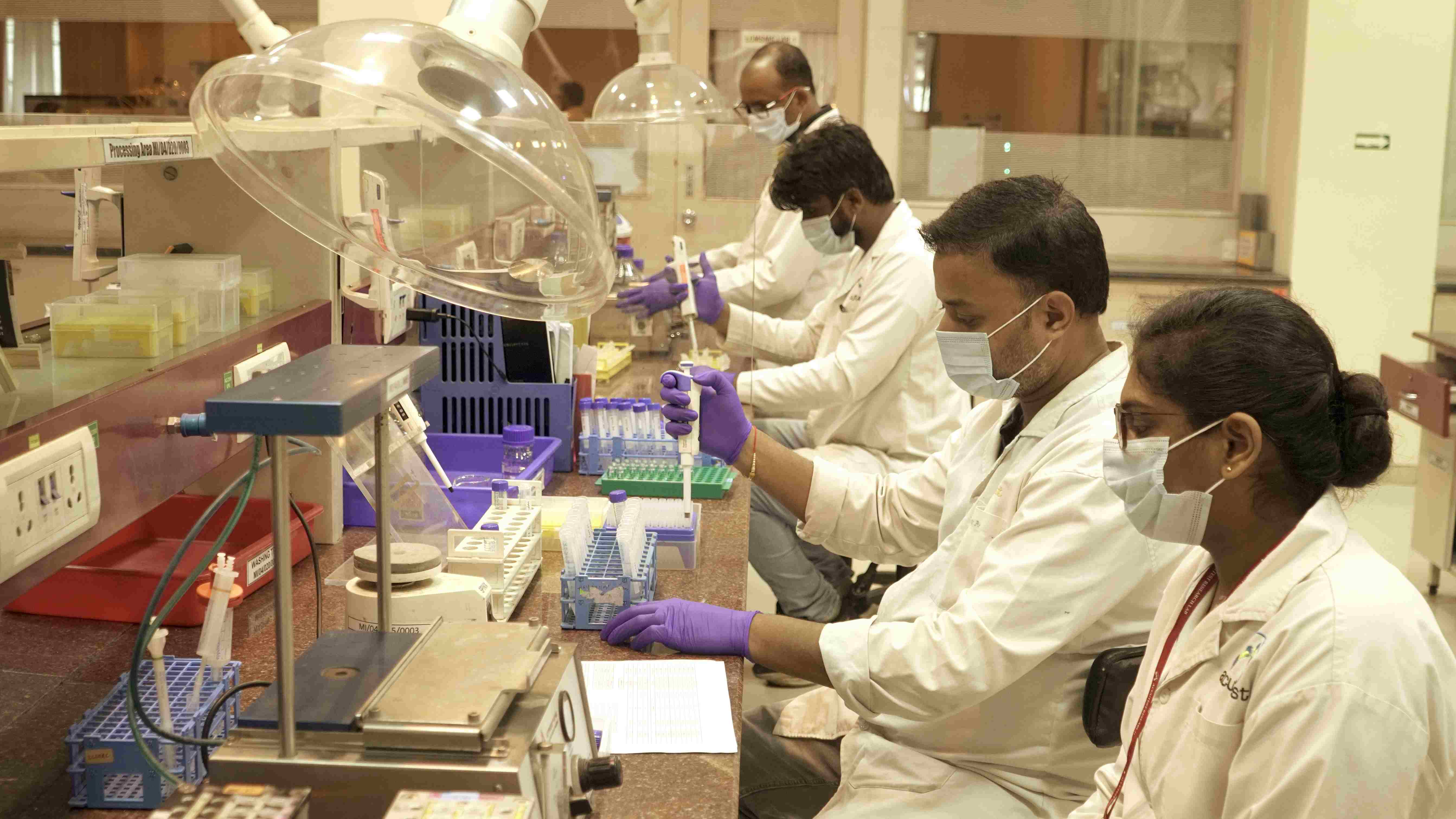
Challenge in Simultaneous Analysis with Two or More Analytes in a Run
| Drug | Category |
|---|---|
| Bupropion and its Hydroxy, Erythro and Threo metabolites (Total 4 analytes) | Antidepressent |
| Atorvastatin and its Ortho and Para metabolites (Total 3 analytes) | Antilipemic |
| Sibubatramine and its Desmethyl and Didesmethyl metabolites (Total 3 analytes) | Antiobesity |
Challenge with Multiple Analytic Studies
| Drug | Category |
|---|---|
| Lamivudine, Nevirapine and Zidovudine | Antiretroviral |
| Emtricitabine, Efavirenz and Tenofovir | Antiretroviral |
| Lopinavir and Ritonavir | Antiretroviral |
| Desipramine and its Hydroxy metabolite | Antidepressent |
| Amitryptilline and its metabolite, Nortryptilline | Antidepressent |
| Venlafexine and its O-Desmethyl Venlafaxine | Antidepressent |
| Mebeverine Acid, O-Desmethyl Mebeverine Acid, O-Desmethyl Mebeverine Alcohol and Veratric Acid | Antispasmodic |

